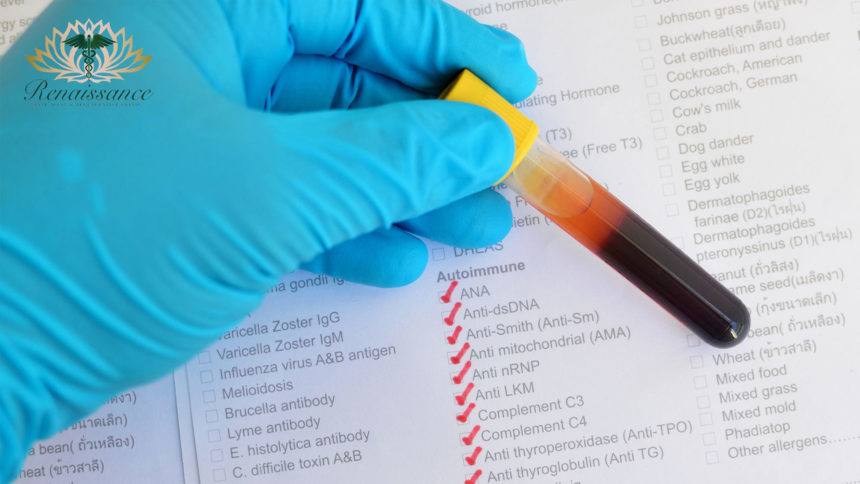What are Autoimmune Diseases?
Autoimmune diseases are conditions in which the patient’s immune system generates cellular and antibody responses to substances and tissues normally present in the body. This might be restricted to one organ or involve a particular tissue in different places. As a result of this immune response, damage to different organs occurs. Examples of autoimmune diseases that have responded to stem cell therapy in humans include rheumatoid arthritis, multiple sclerosis, fibromyalgia and lupus.
If you would like more information, please Contact us and we will be in touch shortly.
How can stem cells help treat autoimmune diseases?
Currently, autoimmune conditions are treated with immune suppressive agents such as steroids, methothrexate, cyclosporine, gold, and more recently infliximab (Remicade). Despite inducing temporary improvement, these approaches possess the possibility of long-term adverse effects, as well as need for life-long treatment.
Stem cell therapy has been demonstrated to induce profound healing activity in patients with various forms of autoimmune disorders. Besides healing damaged tissues, stem cells have the unique ability to modulate the immune system so as to shut off pathological responses while preserving its ability to fight off disease. Stem cells and specifically, mesenchymal stem cells home to inflamed tissue and start producing anti-inflammatory agents. These mediators act locally and do not suppress the immune response of the patient’s whole body. Additionally, mesenchymal stem cells induce the production of T regulatory cells, a type of immune cell whose function is to protect the body against immunological self-attack.
Which types of stem cells are used to treat autoimmune diseases and how are they collected?
The adult stem cells used to treat autoimmune diseases at the Renaissance Medical Center come from human umbilical cord tissue (allogeneic mesenchymal). These stem cells are expanded at CryoVida laboratory in Guadalajara, Mexico, the biggest and the best in Latin America.
The mesenchymal stem cells we use are recovered from donated umbilical cords following normal, healthy births. Each mother has all ORh negative and her medical history screened and is tested for infectious diseases. Proper consent is received from each family prior to donation.
All umbilical cord-derived stem cells are screened for infectious diseases to International Blood Bank Standards before they are cleared for use in patients.
Only a small percentage of donated umbilical cords pass our rigorous screening process.

